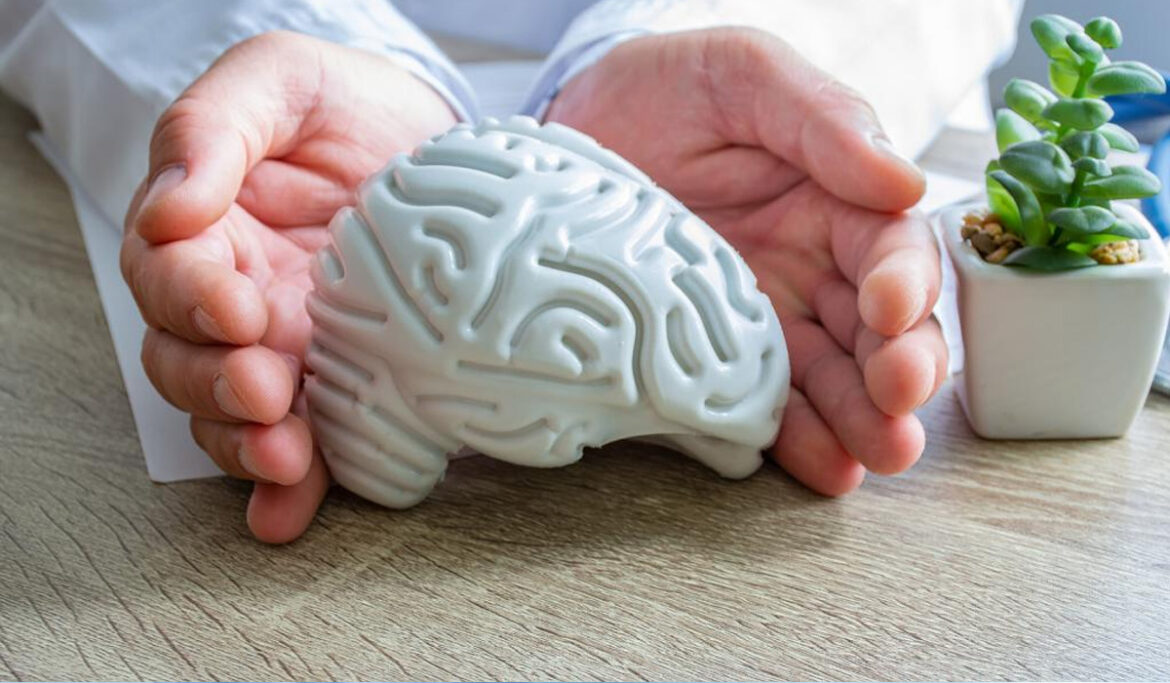Neurology is primarily concerned with disorders of the nervous system and brain. The neurological disorders include diseases involving autonomic, central and peripheral nervous systems. It may also include muscles, blood vessels and nerves. Neurological diseases include diseases of peripheral muscles and nerves, neuromuscular junctions and spinal cord.
A neurologist is a physician who practices neurology. The disorders of spinal cord, nerves and the brain are treated by a neurologist that include –
- Epilepsy
- Tremor
- Stroke
- Parkinson’s disease
- Amyotrophic lateral sclerosis
- Heartache
- Pain
- Alzheimer’s disease
- Sleep disorders
- Spinal cord and brain injuries
- Multiple sclerosis
- Peripheral nerve disorders
Pediatric Neurology
Pediatric Neurology is specifically concerned with neurological problems with those children who are under 18 years of age. It has been seen that a large number of children are suffering from neurological diseases and epilepsy. The primary concern of a pediatric neurologist is to treat disorders of peripheral, central and autonomous nervous systems. Their primary role is to confront the unique symptoms of epilepsy in children.
Neurological Disorders in Children
- Autistic disorders
- Congenital anomalies of the brain and Hydrocephalus
- Hyperactivity Disorder (ADHD) and Attention Deficit (ADD)
- Headaches
- Brain and spinal cord tumors
- Seizure disorders
- Concussion and head trauma
- Balance and equilibrium
- Metabolic-degenerative diseases of the brain
- Neuromuscular disorders
- Cerebral palsy
- Neurofibromatosis
- Tourette syndrome, tic disorders and movement disorders
Symptoms of Neurological Disorders
Some common symptoms include –
- Pain
- Weakness
- Tremor
- Seizures
- Headaches
- Memory loss
- Numbness
Neurological Diagnostic Tests
A patient has to go through a number of tests that include x-rays of the patient’s skull and chest, neurological exam, patient history and physical exam. These tests are done in order to determine specific neurological injury or disorder. Nuclear medicine imaging is also involved where little amounts of radioactive materials are used for examining organ structure and function. Whereas diagnostic imaging involves the use of electrical charges and magnets for examining human anatomy. Some of the common tests include –
- Biopsy
- Computed topography
- Intrathecal contrast-enhanced CT scan
- Cerebro fluid analysis
- Discography
- Brain scans
- Angiography
- Electromyography
- Electronystagmography (ENG)
- Electroencephalography (EEG)
- Magnetic resonance imaging (MRI)
- Polysomnogram
- Ultrasound imaging
- Thermography
- Single photon emission computed tomography (SPECT)
Cost of Neurology
The cost of neurology and pediatric neurology treatment in India is substantially lower as compared to other developed countries.
